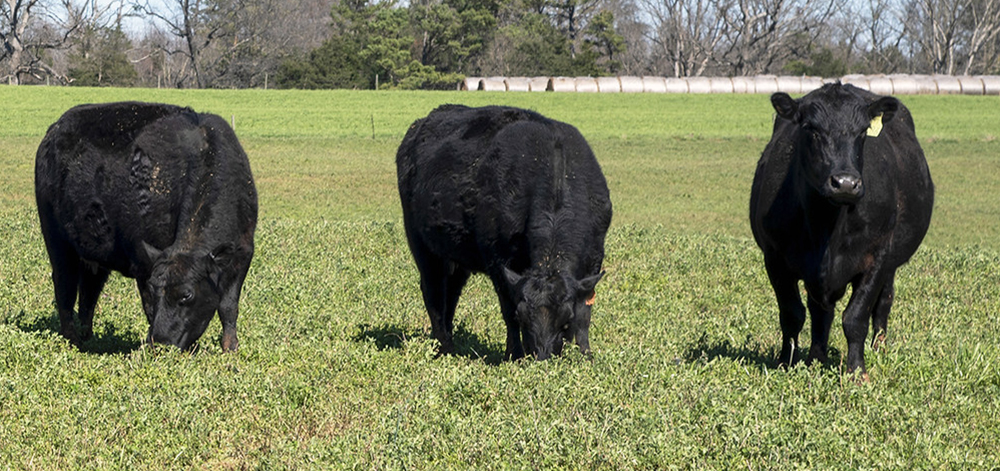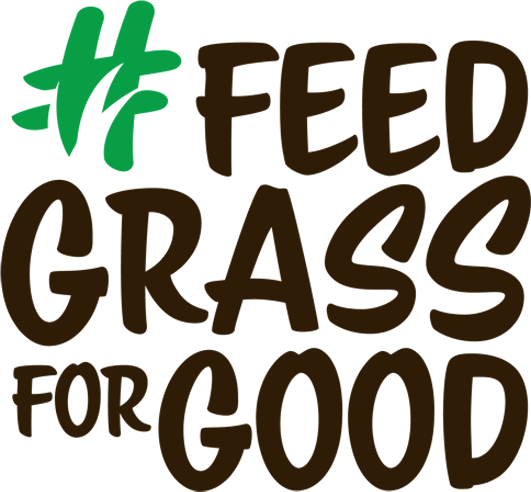Are organic and grass-fed meat going to be the “New Normal” after COVID-19?
It is a little early to predict how the world will look like after the COVID-19 pandemic. However, different studies agree on one point: the interest in organic, local and cruelty-free animal products increased[1]. The organic grass-fed meat industry seems to be anticipated to exhibit the fastest growth rate during the next few years due to its clean-label traits and strong retail positioning among the consumers in developed countries. It also looks like the rising confidence of consumers towards organic meat over regular beef is fueling the growth of the organic segment.

The “lockdown effect”
Most countries in the world have gone through a phase of lockdown during which people tried new activities. People generally had more time to cook, including raw products. In addition, traditional supply chains were damaged and small producers seized the opportunity to get their chance in the sun offering good quality products through farm-to-consumer sales.
The consumers’ behaviours have been influenced by a shift in their habits due to lockdown, among which:
- Adoption of new digital platforms: with the weekly video-conferences with friends and family, consumers developed rapidly their usage of digital channels, regardless of their age or socio-cultural background.
- Ordering online for convenience: food apps and services such as a subscription to food boxes seems to be increasing.
- Conscious consumption: consumers know that they can influence social, environmental or political change through their purchases.
- Frugal shoppers: while we have seen crazy panic shopping session at the beginning of the lockdown, it seems like non-essential goods have fallen off the consumer’s radars during the lockdown
- Interest in better-for-me meat: the COVID-19 pandemic has fueled the growing wellness segment and many consumers mentioned that organic and grass-fed meat is safer and healthier.
Can we expect a long-term change?
The downside of organic, grass-fed, locally produced meat is that this product cost more and are less convenient to get – two things that consumers valued a lot.
Before the COVID-19 pandemic, the organic market was growing steadily over the years, everywhere in the world. The world economy will be probably battered by the pandemic and the cost of organic or grass-fed meat is still higher than regular meat. However, a few ways could work out for organic meat. Even though consumers are price-sensitive, they are also increasingly aware of their health and they might want to invest in premium products. “It’s hard to know what’s ahead of us, but consumers will continue to trust in and depend on the Organic label,” said the Organic Trade Association’s Batcha. Well-being and emotional aspect of animal consumption play a huge role in the consumers’ behaviours – free-range meat producers are in a good position.
Whatever the outcome of this health crisis, communication between consumers and farmers will be essential. If you are interested in that matter, have a look at one of our other articles ‘Farmers on YouTube reconnect with consumers‘.
[1] Sources:
-
Analysis on Impact of COVID-19-Meat Market 2019-2023 | Rise in Global Meat Consumption to Boost Growth | Technavio
-
Germany and COVID-19: More organic meat amid the pandemic | Deutsche Well – DW.com
-
COVID-19 Consumer Sentiment Snapshot | BCG
-
State of the Natural Industry 2019 | SPINS


























